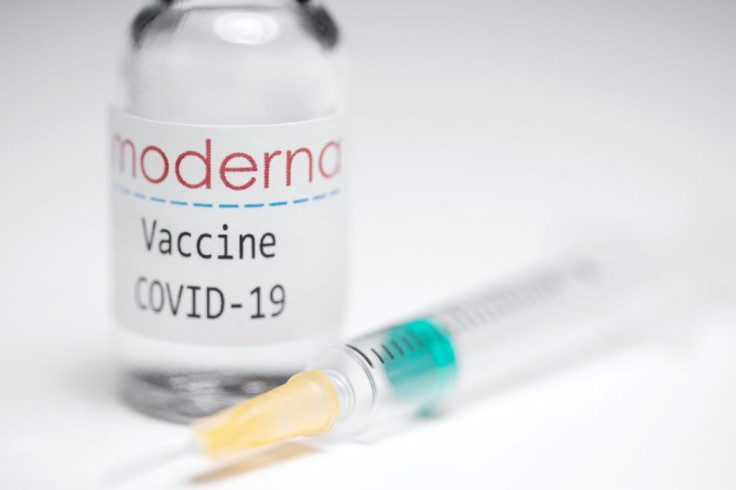Moderna Manufacturer Admits Its Coronavirus Vaccine Faces Challenges
While encouraging news has come from drugmakers over the last few days about the efficacy of their COVID-19 vaccines, there are still challenges ahead before the inoculations can reach the public.
During an appearance on CNBC’s “Squawk Box Europe” on Wednesday, Lonza’s Chairman Albert Baehny, whose company has partnered with Moderna to produce the injections, admitted there are “big challenges” ahead for drugmakers when it comes to delivering a coronavirus vaccine.
The update from Baehny comes on the heels of Moderna’s announcement that its COVID-19 vaccine had a 94.5% efficacy, which sparked hope that a vaccine could be delivered by the end year.
This was proceeded by news from Pfizer and BioNtech that their COVID-19 vaccine had a 90% effectiveness in clinical trials, also offering a promising message as coronavirus cases continue to surge in many parts of the U.S.
While a COVID-19 vaccine could seek approval before year’s end, getting it to the masses presents some difficulties for the drugmakers, according to Baehny, whose company has partnered with Moderna to produce 400 million doses of the vaccine annually.
Lonza would produce the ingredients needed for Moderna’s COVID-19 vaccine at its U.S. facilities and Switzerland plants, where it is also headquartered.
On “Squawk Box Europe,” Baehny said: “There are a few issues, the first is speed. We only started 10, 11 months ago and now we are producing the first commercial batches of the drug substance in North America, and we are planning the first batch of commercial volume in one or two weeks in Switzerland, so the speed has been a challenge.”
He continued, “We can only produce more than 500 million doses a year if we install additional manufacturing lines, so it is clear that we need additional investments in installation if we want to produce more than 500 million (per year) in the future.”
The manufacturing lines would need educated employees with as many as 60 to 70 workers on each line, Baehny said. Lonza has already installed four manufacturing lines to meet the demand for vaccine production.
Both vaccines would also require two doses, which only compounds the difficulties the drugmakers would face to produce a vaccine for the 7 billion global people that would need inoculations.
Transporting the vaccine is another challenge that drugmakers are wrestling with. Pfizer’s vaccine requires a storage temperature of minus 94 degrees Fahrenheit. Moderna’s vaccine is stable at 36 to 46 degrees Fahrenheit for up to 30 days and can be store for up to six months at minus 4 degrees Fahrenheit.
In regards to Moderna’s vaccine, Baehny said, “Those are standard conditions in the pharmaceutical industry. So I don’t see many problems for the distribution, for the shipping and for the storage of Moderna’s vaccine.”
Moderna has said it is targeting 500 million to 1 billion doses of its COVID-19 vaccine for 2021, while Pfizer and BioNTech have said they are aiming for 50 million vaccine doses globally in 2020 and up to 1.3 billion doses in 2021.
Globally there are over 55.7 million positive cases of the coronavirus, with over 1.3 million COVID-19 deaths, according to data from Johns Hopkins University. The U.S. leads the world in coronavirus cases with 11.3 million positive cases and over 248,700 COVID-19 related deaths, the university said.

© Copyright IBTimes 2025. All rights reserved.





















